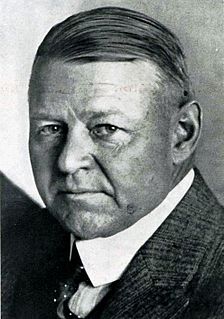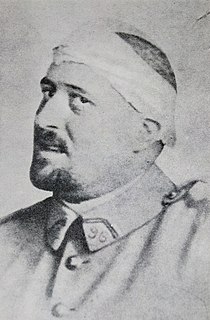A Quote by William Ralph Inge
The effect of boredom on a large scale in history is underestimated. It is a main cause of revolutions, and would soon bring to an end all the static Utopias and the farmyard civilization of the Fabians.
Quote Topics
Related Quotes
There are two generic and invariable features that characterize utopias. One is the content: the authors of utopias paint what they consider to be ideal societies; translating this into the language of mathematics, we might say that utopias bear a + sign. The other feature, organically growing out of the content, is to be found in the form: a utopia is always static; it is always descriptive and has no, of almost no, plot dynamics.
Given the scale of the ecological crisis we are facing this is the appropriate scale of expansion. Occupying the streets to bring about change as our ancestors have done before us. Only this kind of large-scale economic disruption can rapidly bring the government to the table to discuss our demands. We are prepared to risk it all for our futures.
The breadth and scale of the capabilities we provide end-to-end across strategy, consulting, digital, technology, and operations are absolutely unique in the marketplace. And this is why Accenture remains the partner of choice for the world's leading companies in executing large-scale transformation programs.
One of the most dangerous errors is that civilization is automatically bound to increase and spread. The lesson of history is the opposite; civilization is a rarity, attained with difficulty and easily lost. The normal state of humanity is barbarism, just as the normal surface of the planet is salt water. Land looms large in our imagination and civilization in history books, only because sea and savagery are to us less interesting.
One should not wrongly reify 'cause' and 'effect,' as the natural scientists do (and whoever, like them, now 'naturalizes' in his thinking), according to the prevailing mechanical doltishness which makes the cause press and push until it 'effects' its end; one should use 'cause' and 'effect' only as pure concepts, that is to say, as conventional fictions for the purpose of designation and communication-not for explanation.
Imagine how our own families, let alone the world, would change if we vowed to keep faith with one another, strengthen one another, look for and accentuate the virtues in one another, and speak graciously concerning one another. Imagine the cumulative effect if we treated each other with respect and acceptance, if we willingly provided support. Such interactions practiced on a small scale would surely have a rippling effect throughout our homes and communities and, eventually, society at large.
Without poets, without artists, men would soon weary of nature's monotony. The sublime idea men have of the universe would collapse with dizzying speed. The order which we find in nature, and which is only an effect of art, would at once vanish. Everything would break up in chaos. There would be no seasons, no civilization, no thought, no humanity; even life would give way, and the impotent void would reign everywhere.



































